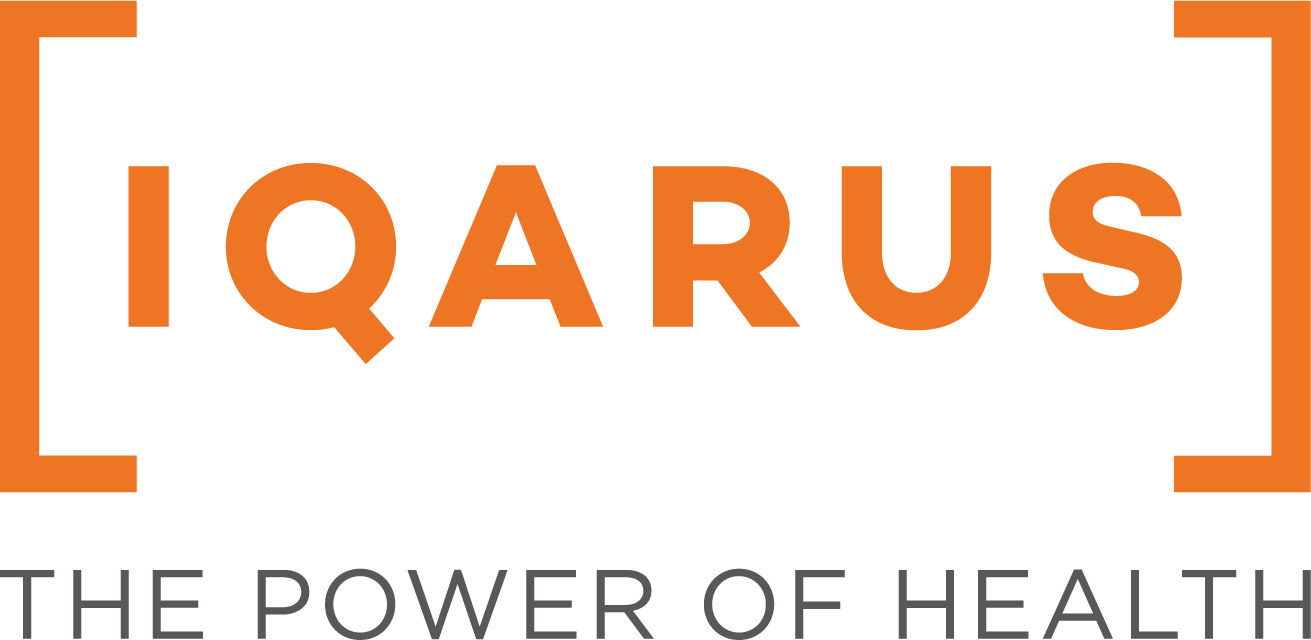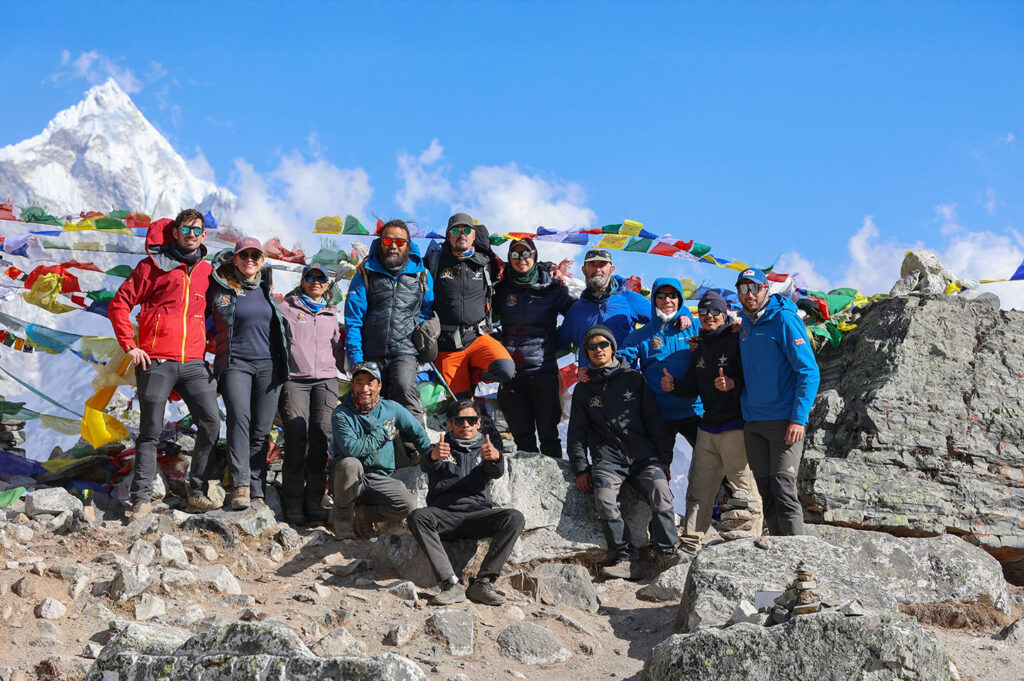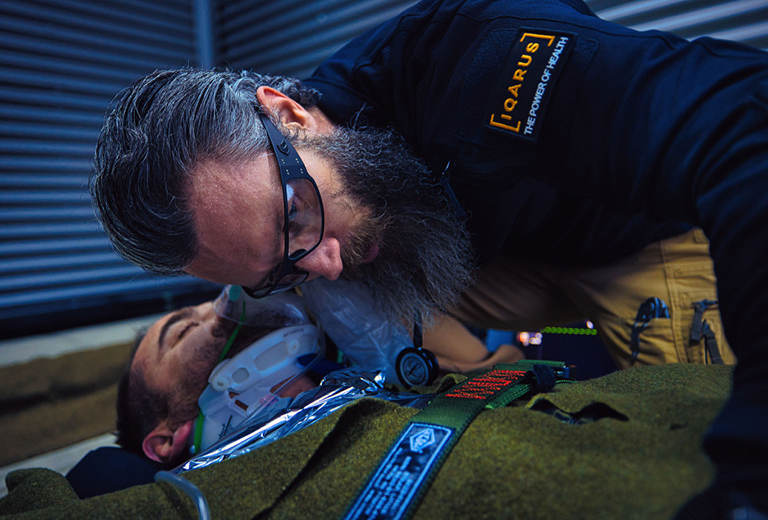The relocation of Iqarus’ Role 2, a highly mobile surgical facility from Koulikoro, Mali to Bamako, represents a significant milestone in the realm of rapid healthcare infrastructure development. This case study delves into the successful transition process, examining the coordination between the two sites, the construction of the new facility, and most importantly, the uninterrupted delivery of patient care during the entire relocation.
Background
A Role 2 medical facility provides surgical and life-saving capabilities, as well as common hospital services. A Role 2 Forward delivers these essential capabilities to forward positions, in this case, the town of Koulikoro in Northern Mali. The R2F in Koulikoro served as a crucial medical treatment facility, catering to the essential healthcare needs of our client’s staff in a volatile environment. However, due to mission requirements, it was decided that the capability would need to relocate to Bamako in May 2023. The relocation of the R2F to the new site was not only a matter of moving personnel and equipment but also involved careful planning to guarantee uninterrupted medical care throughout the construction phase.
Transition Process
Coordination between Sites
The success of the relocation hinged on the effective communication and coordination between the Koulikoro (KTC) and Bamako sites. To facilitate this, a Military Liaison Officer was stationed in KTC, while the Project Manager oversaw operations at the new build site. This arrangement fostered clear and efficient communication channels between our team, the client, and the enablers involved in the process. By maintaining open lines of communication, we ensured that any issues or challenges that arose could be promptly addressed and resolved as needed.
Logistical Planning
The move required thorough planning to mitigate risks and minimise delays. One effective measure was the systematic marking of containers and ensuring their proper sequencing for placement. This strategy proved crucial in optimising the use of the crane and preventing it from being hindered by the limited confines of the small 25m x 25m compound. By implementing this approach, we successfully streamlined the logistics of container placement, ensuring efficient operations and minimising any potential disruptions during the construction process.
Patient Care Continuity
During the transition, the new facility was activated just as the previous one was stood down. Careful timing ensured seamless continuity of operational capability and the provision of patient care for a small group of individuals who were receiving ongoing conservative treatment consisting of primary healthcare interventions such as IV fluids and medication administration. The focus during this period was to guarantee uninterrupted and consistent medical support for these patients, ensuring their well-being and ongoing treatment.
Dismantling and Handover
The dismantling of the R2F facility was completed within a span of approximately 3-4 days. The process of packing and organising the medical materials for transportation went relatively smoothly, despite the limited lifting capability of the crane, which posed difficulties in transferring items onto the lorries.
Results and Implications
The project faced the notable challenge of an exceptionally tight timeline, as the usual timeframe for such a transition would exceed 8 weeks, yet the team accomplished it in just 4 weeks. Remarkably, patient care remained uninterrupted during this period. To ensure preparedness, a Mobile Medical Team, consisting of 2 Paramedics and a driver equipped with an Armoured Ambulance, was kept on standby as a reserve until the site was fully cleared. Additionally, a contingency plan was in place to address any emergencies that might arise.
In the event of serious injuries, a helicopter stood ready to transport patients to the new facility if required. The Mobile Medical Team also provided crucial support during the final road move from Koulikoro to Bamako, ensuring a smooth transition and continued medical assistance throughout the relocation process.
The successful relocation of Iqarus’ R2F facility to the new R2 Surgical facility in Bamako, Mali, stands as a remarkable achievement in rapid healthcare infrastructure development. Through meticulous planning, effective coordination between the Koulikoro and Bamako sites, and strategic execution, the transition process was flawlessly executed.
The construction phase presented its own set of challenges, including the limited lifting capability of the crane and space constraints at the new location.
However, innovative strategies such as systematic container marking, and proper sequencing minimised disruptions and ensured efficient operations. Crucially, patient care continuity was maintained throughout the relocation. This unwavering commitment to patient well-being demonstrates the dedication and expertise of the healthcare and operations professionals involved in this initiative.



